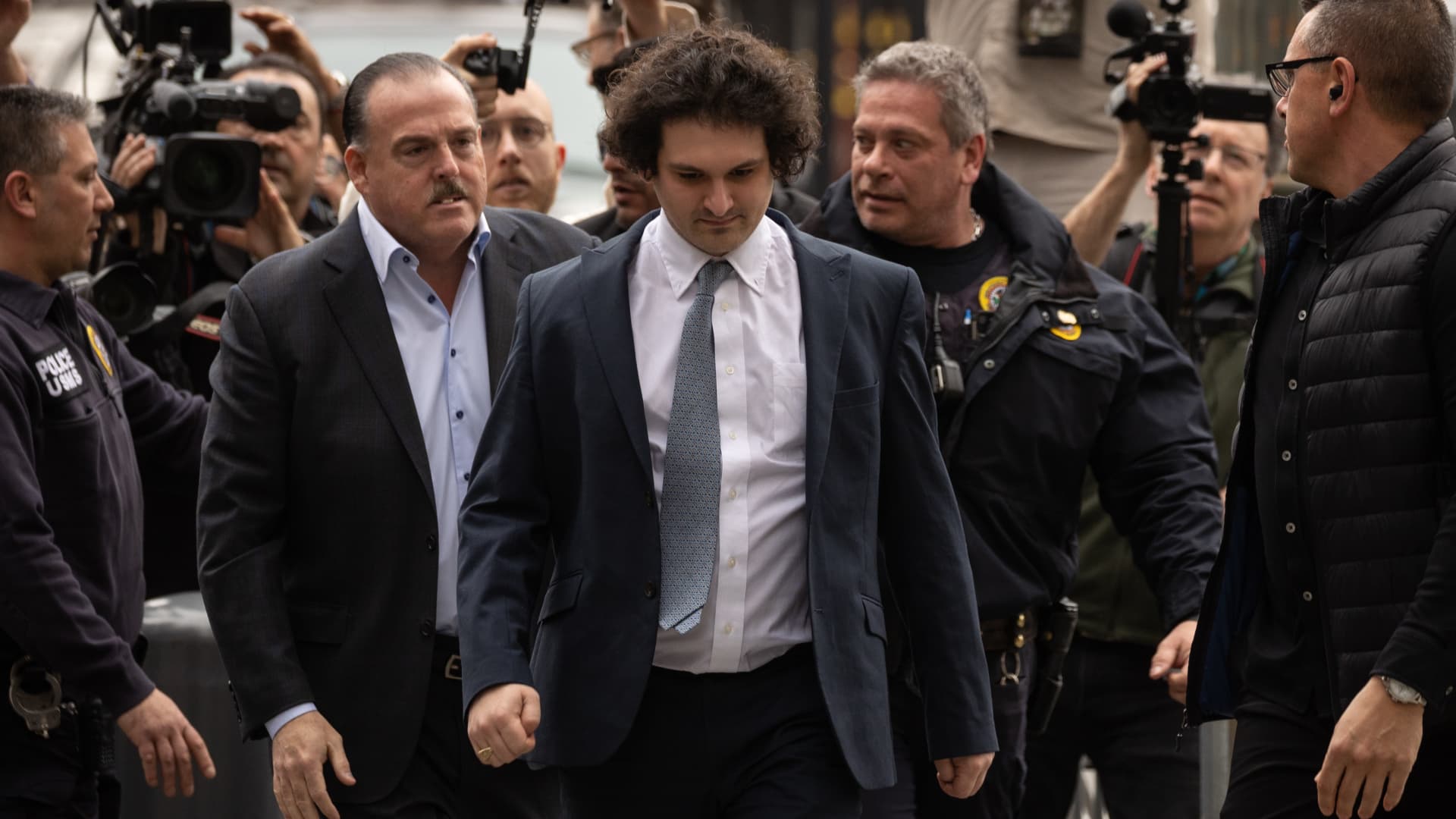People unload crosses outside the First Baptist Church in Sutherland Springs, Texas, where 26 people were killed in a mass shooting on November 8, 2017. Getty Images | Mark Ralston | AFP Because the Air Force failed to report the shooter’s criminal history to the FBI, a federal judge concluded on Wednesday that the Air Force is largely liable for a 2017 mass shooting at a Texas church that killed 26 people. The Air Force is held 60 percent accountable for the shooting, according to the judgement, since the military department failed to report Devin Patrick Kelley’s domestic abuse accusations to a federal database, allowing him to purchase firearms he should not have been permitted to own. In November 2017, Kelley opened fire on congregants at the First Baptist Church in Sutherland Springs, Texas, in one of the bloodiest mass shootings in modern history. “It is more likely than not that Kelley would not have carried out the Church massacre if the Government had done its job and correctly entered Kelley’s information into the background check system,” U.S. District Judge Xavier Rodriguez said in the court judgment. “As a result, the Government bears a considerable share of the Plaintiffs’ losses.” A representative for the Air Force did not immediately respond to a request for comment from CNBC. Rodriquez stated in the court finding that no one else, even Kelley’s parents or lovers, knew as much about his violent background and the violence he was capable of as the government did. The ruling came as a result of a lawsuit filed by the victims’ families against the government. Rodriguez also set a 15-day deadline for a new trial to determine monetary damages owed to survivors and victims’ relatives. According to court records, Kelley spent nearly five years in the Air Force at a location in New Mexico. He received a bad conduct discharge and a year of detention after being court-martialed in 2012 for abusing his wife and stepson. Kelley was able to pass statutory background checks to acquire four separate firearms from licensed firearm dealers after he was discharged, despite his violent history. According to the court verdict, one of them was an AR-556 rifle, which he used in the church shooting. According to the Associated Press, the Air Force openly confirmed after the shooting that it could have blocked Kelley from purchasing firearms. If Kelley’s convictions had been recorded into the FBI database, he would not have passed background checks to acquire the firearms, according to the court opinion. People convicted of a minor felony involving domestic violence are forbidden from owning firearms under the Gun Control Act of 1968. In the court ruling, Rodriguez stated that “USAF agents and leadership had an obligation—and many opportunities—to guarantee that Kelley’s fingerprints and criminal history were submitted to the FBI’s Criminal Justice Information Services (“CJIS”) Division for inclusion in its databases.” Last month, the Texas Supreme Court determined that the business that sold Kelley the firearm used in the massacre could not be sued. A lawsuit was filed by the families of the victims and survivors against Academy Sports + Outdoors, but it was dismissed by the court since the store’s background check did not reveal Kelley’s offenses./n
Read MoreFederal judge rules Air Force largely responsible for 2017 Texas church mass shooting
2021-07-08T00:34:39-04:00July 8th, 2021|





